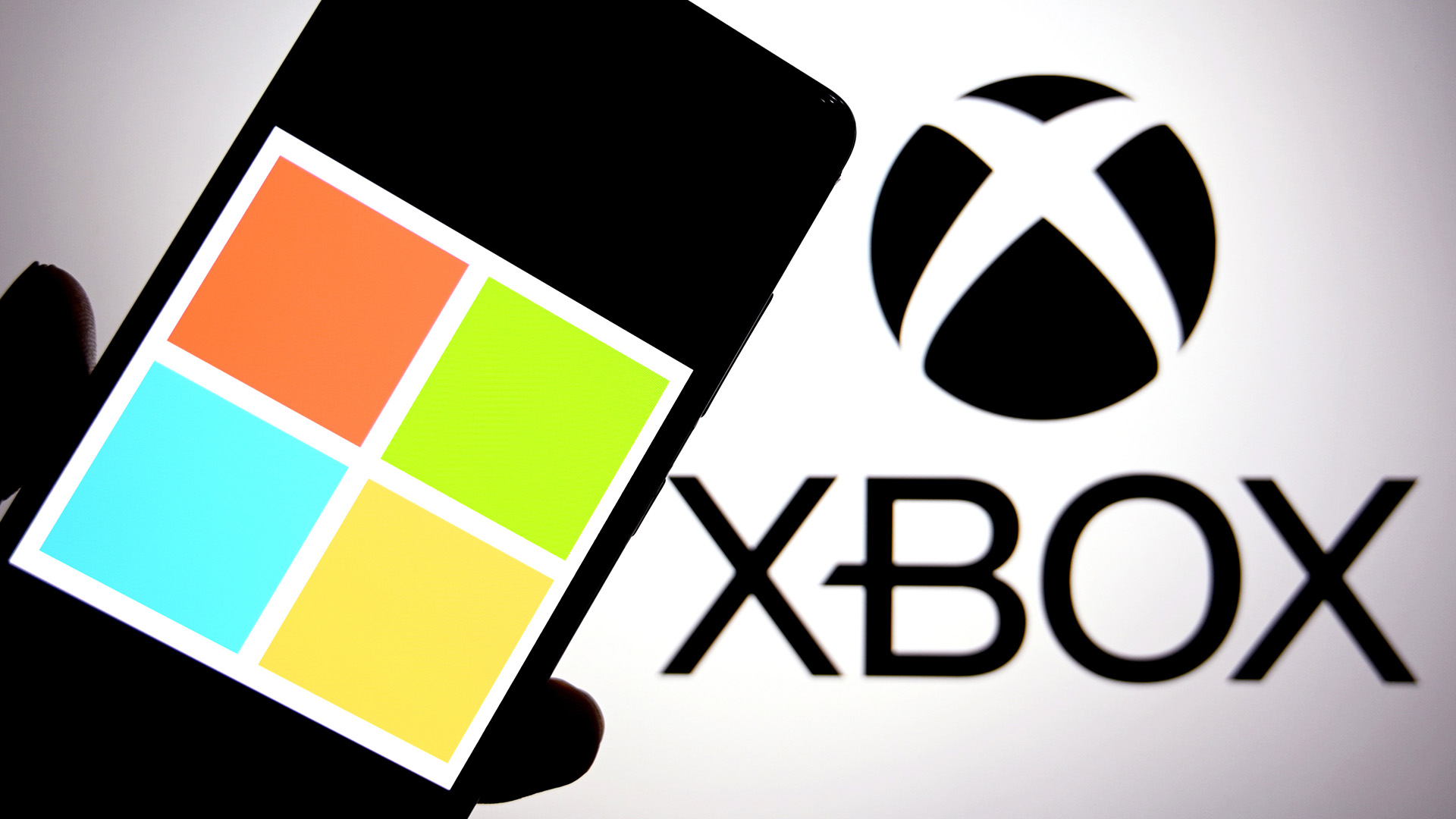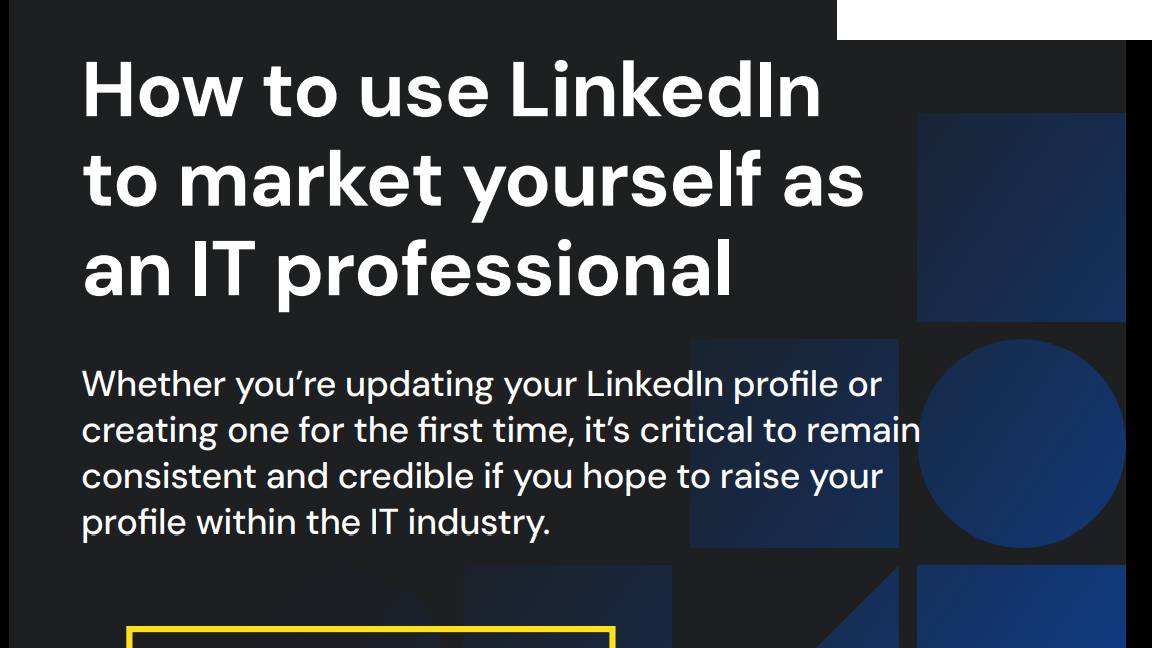Facebook wants to take over the web
Forget the Facebook.com site - the social networking site is looking to take over the web with its Connect system.


With the advent of Twitter - and after the fading of other social networking sites - many have suggested Facebook has hit its high point and that it's all downhill from here.
The numbers disagree - 350 million people regularly use Facebook - and the people behind the site aren't satisfied with Facebook being the place to leave status updates and tag photos.
Instead, they're looking to spread their creation across the web, with Facebook Connect. The system lets other sites integrate Facebook's login. So, rather than registering with every site you visit, you can login with Facebook Connect.
It also means you can bring your contacts with you, so every comment you leave on a Connect site could help draw your friends and other contacts, driving traffic in new ways from search engines.
That's the idea, anyway, according to director of the Facebook Developer Network Ethan Beard, who spoke to IT PRO ahead of the LeWeb conference in Paris this week.
"Our aspirations are not simply to be just a website that people visit and experience at Facebook.com, but really what we're looking to do is be a technology that allows people to connect wherever they are and whenever they are, and that shouldn't necessarily be limited to just one website," he said.
"It's about giving people everywhere a trusted way to experience the web, the entire web, through the lens of their friends. And that's what Facebook Connect, at its heart and at its core, is really about."
Sign up today and you will receive a free copy of our Future Focus 2025 report - the leading guidance on AI, cybersecurity and other IT challenges as per 700+ senior executives
Since it's launch last year, the service has grown to 60 million users a month, across 80,000 sites including half of the 100 most visited sites according to ComScore, and two-thirds in the US.
"We've seen takeup with the very largest sites," Beard said, adding Yahoo has just announced it will be using Facebook Connect, and that Microsoft already does.
But it's not just about the online giants. Thousands of tiny companies are using it to help "drive traffic, engagement and... tap into a user's Facebook identity," he explained.
JibJab
Of course, some of those sites are Facebook rivals. "In the 80,000 sites I mentioned, there are many that could be in many ways viewed as competitors, but we want to deliver value and work with them as partners," Beard said.
"I would expect that - hopefully - in the near future if not in the next year, you will see sites that were traditionally competitors using Facebook Connect to really add value to their site."
While he had nothing to announce - many will be hoping for Twitter or Google plans - he did note because it's an open platform, anyone could develop on top of it.
"The platform is open so there could be lots of people building things that we frankly just don't know about, which is exactly how we want it," he explained.
One example is JibJab. It's a small company that creates viral animated videos using a user's own photos.
It's a "fantastic representation of what can be done when you use Facebook Connect," Beard said.
"They've taken advantage of the simple registration and login, since you're bringing your Facebook Content with you, they allow you to very easily pull that content into the video that they create with just a few clicks and then seamlessly share it back to Facebook so all of your friends can see it."
"They did this all without any of our prompting, without talking to us, obviously we've since reached out to them and we want to make sure that everything works really well for them, but it's a pleasant surprise to see something homegrown and independently created."
JibJab took eight years to get to 1.5 million registered users by focusing on email. Once it joined Facebook Connect, it won that many users in five months, Beard noted.
Authentic identity
One of the main differences between the walled garden of Facebook and the wild west of the rest of the internet is identity on Facebook, you know who everyone is, but on the rest of the web, identity is not authenticated.
With Facebook Connect, the anonymous nature of the web could change or at least people might start to behave themselves when logged into Connect, as it's clear who they actually are.
"What it does start to create is this ubiquitous identity service where users can bring their authentic identity with them anywhere they go around the web and beyond so it's really helping to propel a shift toward a less anonymous web that's not only about information but also about people, as users bring around with them to these various sites their identity and friends," he said.
Some may not be so happy to see the web less anonymous, but the ubiquitous logins will win some fans, at least.
Gaming
It also means that platforms even those run by rivals can integrate a bit, letting games or apps run across platforms or devices, Beard said. Connect, for example, runs across different sites on the web, and can be accessed on the iPhone, other mobile handsets, and even Xbox.
"I think what you're going to see is a continued push for Facebook Connect and the platform to be on many devices and platforms, and then you'll start to see innovative developers building an experience that's really seamless that really ties together across all these different devices by using Facebook direct," he said.
That might sound a bit vague, but think about it in terms of games. As Beard noted, you can play the same Scrabble game with your friends across the web using Facebook or on your handset regardless of what device they are using.
"In the past, it was very difficult to play multiplayer games with my friends across all these devices. With using Facebook directly, using all these devices, I can play the same games with my friends no matter where they are, no matter what device they're on," Beard said.
Micro payments
Such a system could be at the forefront of online micropayments. As newspapers and magazines look for new ways to make money online, some pundits have suggested micropayments could be the way forward, letting people pay a penny to view something.
For that to work, there would need to be an internet-wide, trusted payments system, that was easy to use. Enter Facebook Connect?
Beard said Facebook is currently conducting "early, early tests" with a system called Facebook Credit, which is a virtual currency currently being used across the site for things like gifts - sending a photo of a beer for a small charge, for example.
That is being trialled with applications and games on the site, so developers can allow the currency to be used inside their games.
"Like everything that we try to do at Facebook, we try to push technologies that we think are interesting, from the core site down into the platform, to be leveraged across the entire platform," said Beard.
He wouldn't say if this was set to roll out across the site or to Connect, but did explain that - generally speaking - that's the goal with any tech created at Facebook.
"Our goal with the platform of Facebook in generally is to really to have no different between what you can do in Facebook.com and what you can do in Facebook Connect," Beard said. "If we can find a product that we think can really add value to our developers in the payments and credits space, it's something we would want to push broadly across the platform, both on the site as well as through Facebook Connect," he added.
Social graph
So why would anyone want to drag Facebook along with them everywhere they go on the web?
Facebook thinks it's because connections online are more important than news.
"What we have done on Facebook is we've created this social graph, the mapping of all the people and how they're connected to each other, but what we've shifted to over the course of the next six or 12 months and in the future, we're allowing people to connect not only with other people, we're allowing them to connect with items and objects and ideas and business and places and things like that," he said.
"The social graph the graph that we're mapping out really is the connection of all the things that are important to a person."
Facebook has always described itself in terms of connections, Beard argued.
"If you were to describe yourself, you would probably describe yourself as a series of connections," he said.
"You went to this school, you work at this company, you live in this town, you're married to this person and all those things can be pretty easily and authentically represented in the graph that we're building in Facebook."
Freelance journalist Nicole Kobie first started writing for ITPro in 2007, with bylines in New Scientist, Wired, PC Pro and many more.
Nicole the author of a book about the history of technology, The Long History of the Future.
-
 Hybrid cloud has hit the mainstream – but firms are still confused about costs
Hybrid cloud has hit the mainstream – but firms are still confused about costsNews How do you know if it's a good investment if you don't have full spending visibility?
-
 An executive suggested laid off staff use AI for counseling – I think that's ludicrous
An executive suggested laid off staff use AI for counseling – I think that's ludicrousOpinion In the aftermath of Microsoft layoffs, promoting AI career advice feels supremely cold
-
 How to use LinkedIn to market yourself as an IT professional
How to use LinkedIn to market yourself as an IT professionalwhitepaper Whether you’re updating your LinkedIn profile or creating one for the first time, it’s critical to remain consistent and credible if you hope to raise your profile within the IT industry
-
 Meta to pay $725 million in Cambridge Analytica lawsuit settlement
Meta to pay $725 million in Cambridge Analytica lawsuit settlementNews The settlement closes the long-running lawsuit into how Facebook's owner, Meta, handled the Cambridge Analytica scandal
-
 Businesses to receive unique Twitter verification badge in platform overhaul
Businesses to receive unique Twitter verification badge in platform overhaulNews There will be new verification systems for businesses, governments, and individuals - each receiving differently coloured checkmarks
-
 Twitter could charge $20 a month for 'blue tick' verification, following Musk takeover
Twitter could charge $20 a month for 'blue tick' verification, following Musk takeoverNews Developers have allegedly been given just seven days to implement the changes or face being fired
-
 Meta's earnings are 'cause for concern' and 2023 looks even bleaker
Meta's earnings are 'cause for concern' and 2023 looks even bleakerAnalysis Calls for investor faith in metaverse tech only emphasise the worries that its investment strategy won't pay off
-
 Microsoft and Meta announce integration deal between Teams and Workplace
Microsoft and Meta announce integration deal between Teams and WorkplaceNews Features from both business collaboration platforms will be available to users without having to switch apps
-
 Facebook is shutting down its controversial facial recognition system
Facebook is shutting down its controversial facial recognition systemNews The move will see more than a billion facial templates removed from Facebook's records amid a push for more private applications of the technology
-
 'Changing name to Meat': Industry reacts to Facebook's Meta rebrand
'Changing name to Meat': Industry reacts to Facebook's Meta rebrandNews The rebrand attempts to provide a clearer distinction between Facebook and its umbrella company
